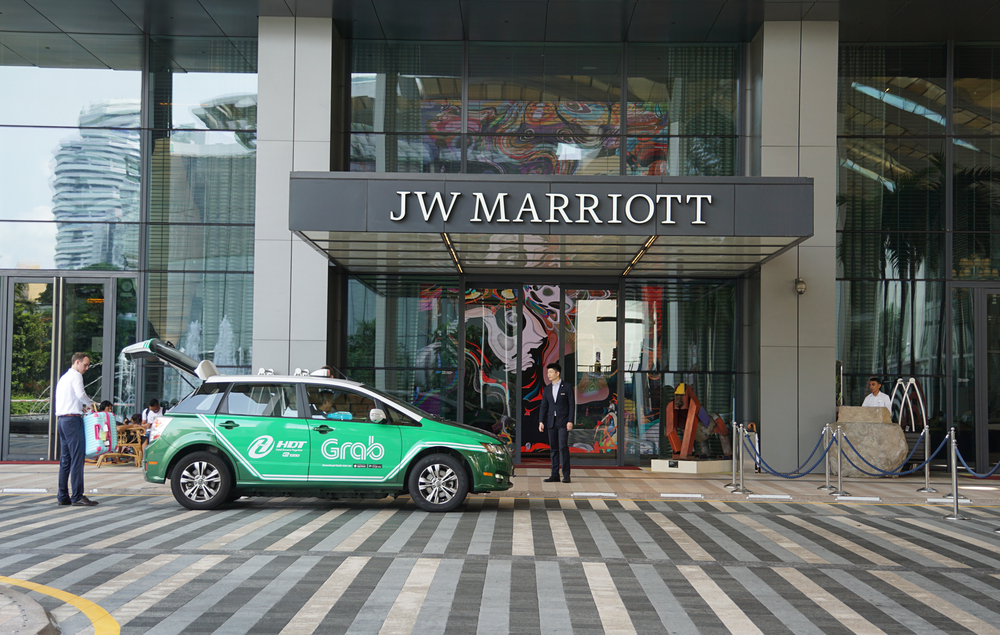 Children from Hong Kong, Japan and Taiwan clean the beach in Okinawa together
Children from Hong Kong, Japan and Taiwan clean the beach in Okinawa togetherWith the Japanese government potentially discharging nuclear wastewater, children have taken a special interest in discussing environmental issues in Japan. They have also engaged in beach cleanup activities, seizing the last moments to experience the ocean that has yet to be contaminated by nuclear pollution.
The JCI North District specially organized this beach cleanup event from August 10th to 14th, led by the president, Raymond Lai, where children from Hong Kong, Japan, and Taiwan joined together to clean the Okinawa beach which has not yet been affected by nuclear pollution. After going through two typhoons, the natural beaches of Okinawa were littered with a lot of garbage. The children, learning that the ocean could soon be polluted by nuclear waste, cherished ated to environmental protection, focusing not only on mountain and beach clean-up but also addressing the issue of marine litter and conservation.
Hong Kong has a precious marine environment that is currently plagued by litter. We must take action to protect this marine habitat of extraordinary ecological value.
On May 28th, we held the "Nature Rangers – Clean Up Fun Dive" event, where we invited the very famous Ghost Net Hunter, Mr. Chan Tin-Ming MH to particithis opportunity to experience the beautiful ocean while they still could. Besides actively cleaning up the beach, the children also visited the DMM Kariyush aquarium to Heighten their understanding of marine ecology and the importance of conservation.
Apart from cleaning the beach, this 5-day, 4-night "International Children's Cultural Exchange Camp" also provided the children an opportunity to step out of Hong Kong and meet children from different regions, including Japan and Taiwan, China. The itinerary included visits to the Ryukyu Cultural Village and the Ogimi Shiikuwassa Park. The children learned about environmental conservation while experiencing Japanese culture and gaining insights into colonial history.
 14 children from three different regions participated in the 'International Children's Cultural Exchange Camp' to learn and exchange culture with each other.
14 children from three different regions participated in the 'International Children's Cultural Exchange Camp' to learn and exchange culture with each other.Raymond Lai, the President of The JCI North District, expressed, "I am concerned about the potential harm that could be caused by the discharge of nuclear wastewater. This could have a far-reaching impact on the marine ecosystem and be even more damaging than marine garbage. We shared our thoughts with our sister organization, the Naha JCI Japan, and hope to encourage the Japanese government to stop the discharge of nuclear wastewater. In addition, we plan to clean the beaches in Okinawa to demonstrate the commitment of the 'Nature Rangers' to protecting the environment, regardless of borders."
Participant Kayton Ng, aged 11, revealed that the International Children Cultural Exchange Camp did not only allow me to understand the history of the Ryukyu Kingdom but also to learn its traditional culture and arts. It helped children to understand the spirit of craftsmanship. He believed the trip would have a strong influence on his growth in the future. Kayton added, "it was the first time I joined cleaning work for a beach in Japan and I firmly believe that environmental protection is not just an individual matter but a global issue. All global villagers share the same responsibilities."
Participant Tierra Wong said, "This International Children's Cultural Exchange Camp has allowed me to see the culture of Japan (mainly Okinawa) and met new friends from Japan, Taiwan, and Hong Kong."
Participant Charmaine Ng said "I want to express my gratitude to our teachers for taking great care of me and making me feel safe throughout this journey. Additionally, I would like to extend my appreciation to the organizers. Without your hard work and dedication, I wouldn't have had the opportunity to embark on such a fun and exciting adventure to Japan. From the depths of my heart, I simply want to say a heartfelt THANK YOU. This journey will always hold a special place in my memory.
This journey was not just a cultural exchange camp but also an opportunity to understand the United Nations Sustainable Development Goals. It aimed to enhance the children's awareness of environmental protection and clean water, and jointly seek solutions to global issues. We hope that the Japanese authorities heed our voice, think about the sustainable development of the planet, and immediately stop discharging nuclear wastewater into the ocean, thereby protecting marine life. This is what responsible humans should do!




















